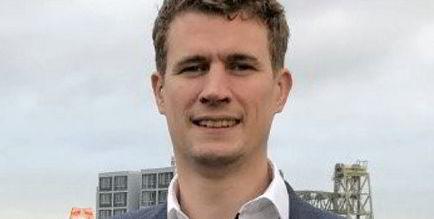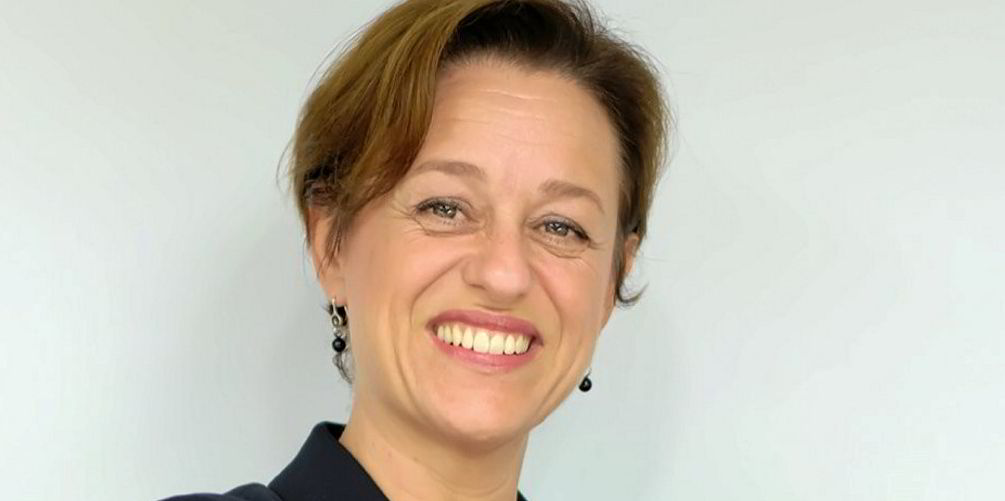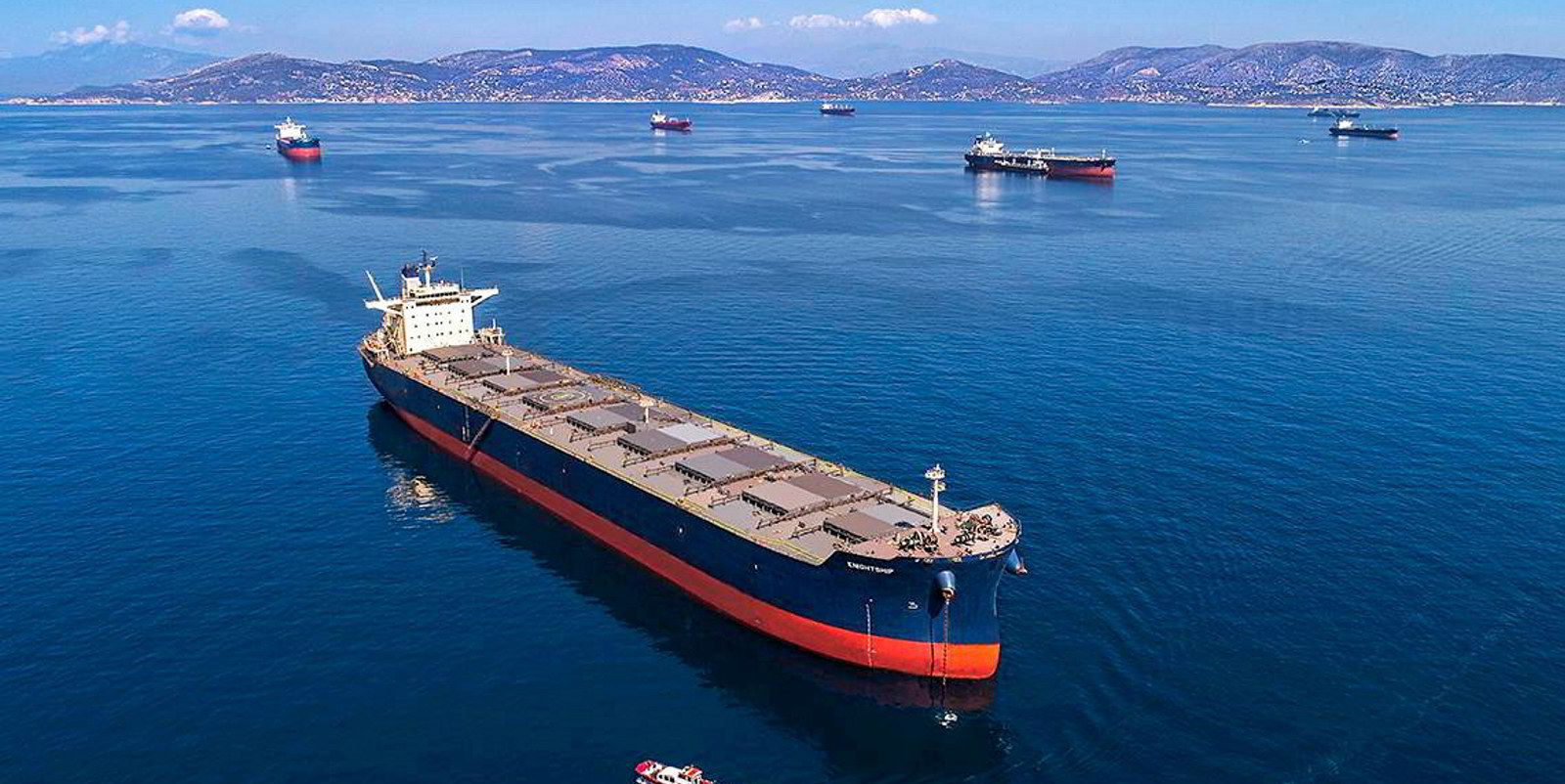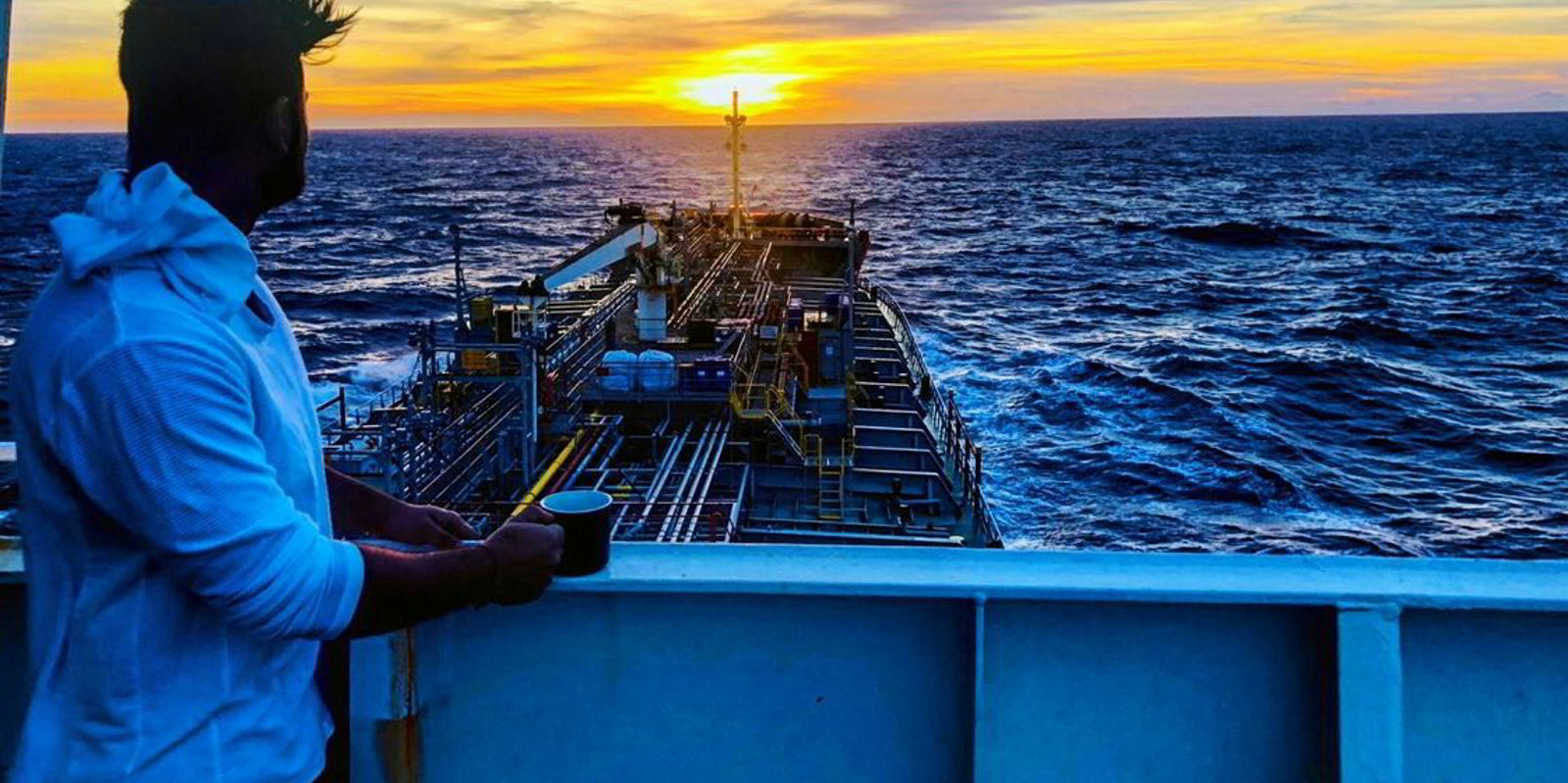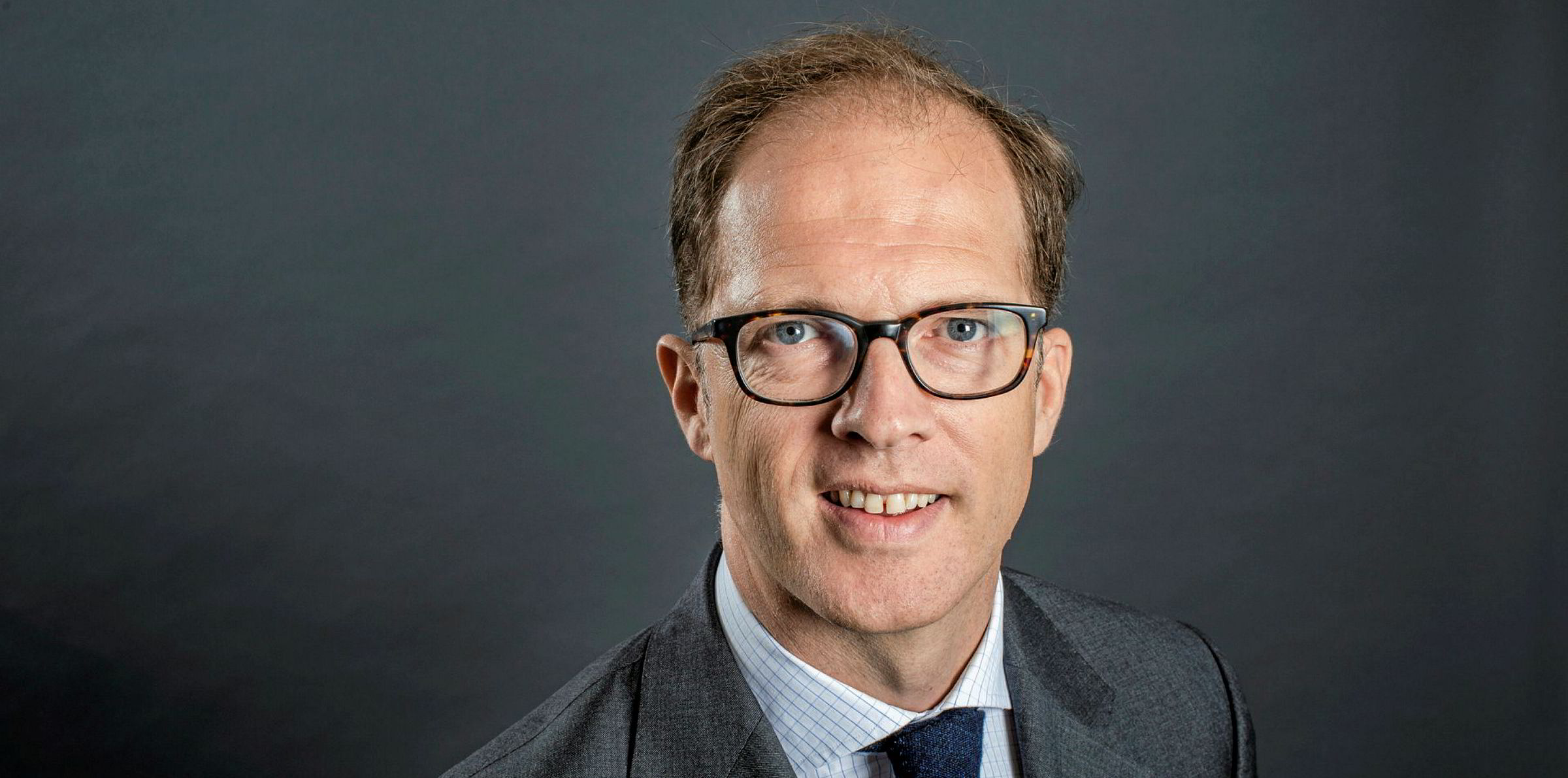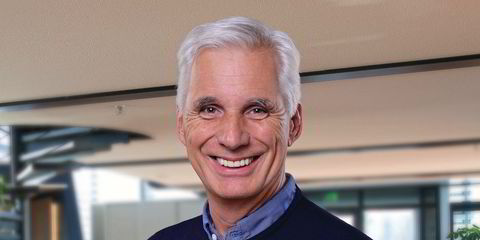Hamburg's Mental Health Support Solutions (MHSS) has recruited Stolt-Nielsen lawyer Christian Ayerst to drive its business forward during and after the Covid-19 crew crisis.
The company, which offers professional psychological help in tandem with companies such as Columbia Shipmanagement, Peter Dohle and Steamship Mutual, said the chemical tanker company's senior legal counsel in Rotterdam joined as chief executive on 1 December.
He will work with MHSS managing director and founder Charles Watkins to ensure crew issues are not forgotten when the pandemic ends.
The former Reed Smith lawyer is leaving Stolt-Nielsen after two years, but is still involved in running the two technology platforms he founded. Gigl offers online recruitment services, while Hidols allows celebrities to offer personalised video messages to fans.
'Really worthwhile' work
"I am a busy guy!" Ayerst told TradeWinds. But he said his other roles will "slot around" MHSS, which will be his "full-time love".
"I really enjoyed my time at Stolt. I've been there two years with great people, great projects, and I leave on very good terms," he added.
But he is delighted to be going into "something really worthwhile that is really out to help people".
Ayerst explained that during his time with Reed Smith, he did a lot of work in the German and Cypriot markets.
"So I knew a lot of the owners and people involved, and I always retained an interest," he said.
"I finished my MBA earlier this year, which must have popped up on Charles' radar, and so in the autumn I was approached by MHSS."
Taking it to the next level
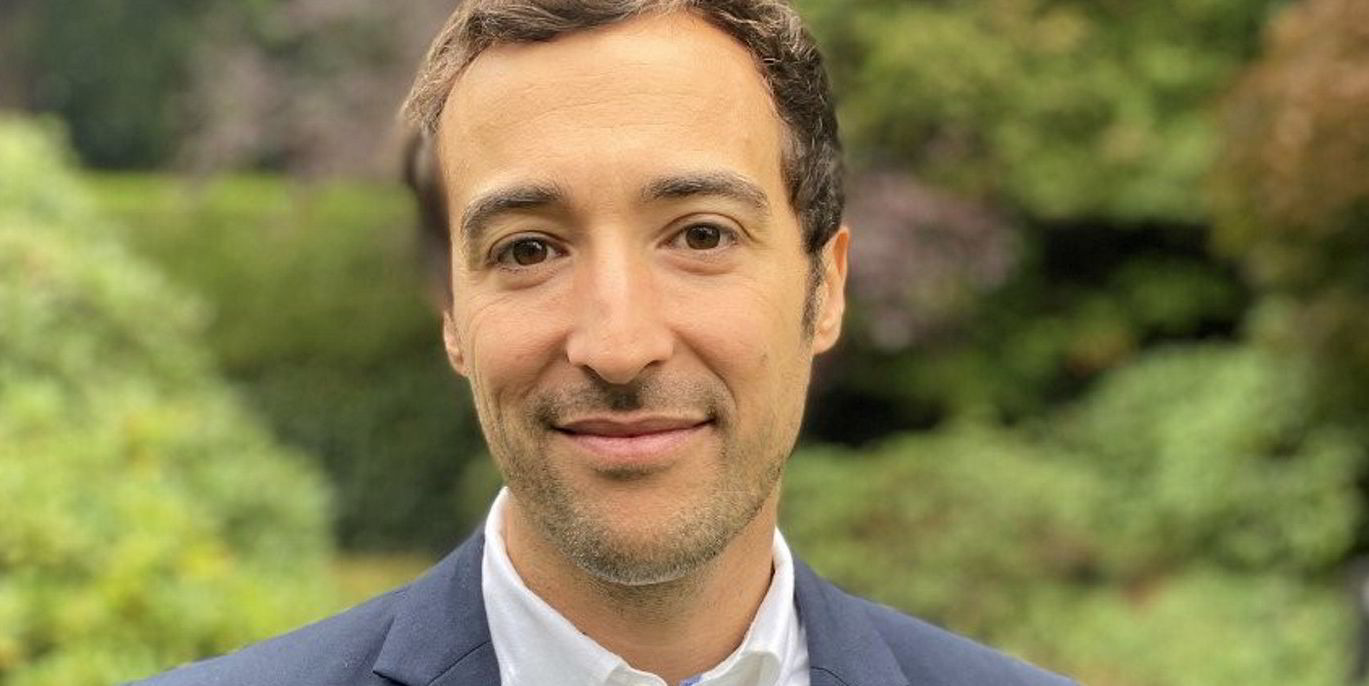
MHSS wanted to grow its business and needed his qualifications and skills to take it to the next level, Ayerst added.
"At this stage in my career — I'm 34 — I'm conscious this is a growing issue and people are taking it really seriously. It's a fantastic opportunity," he said.
Watkins told TradeWinds he will continue to lead the mental health work.
"The Covid pandemic really made clear to the industry that there needs to be action, there needs to be something done," he said.
"There are still people who want to go home and they can't; we see people stuck on shore that want to work but can't get on board."
This is on top of problems with harassment and bullying.
Watkins said there is a high level of frustration, sadness, fear and worry, caused by seafarers not getting a certain date to leave: "And then when they get a date and they get to the harbour, they can't leave the ship, because the country has changed its mind."
Wake-up call for industry
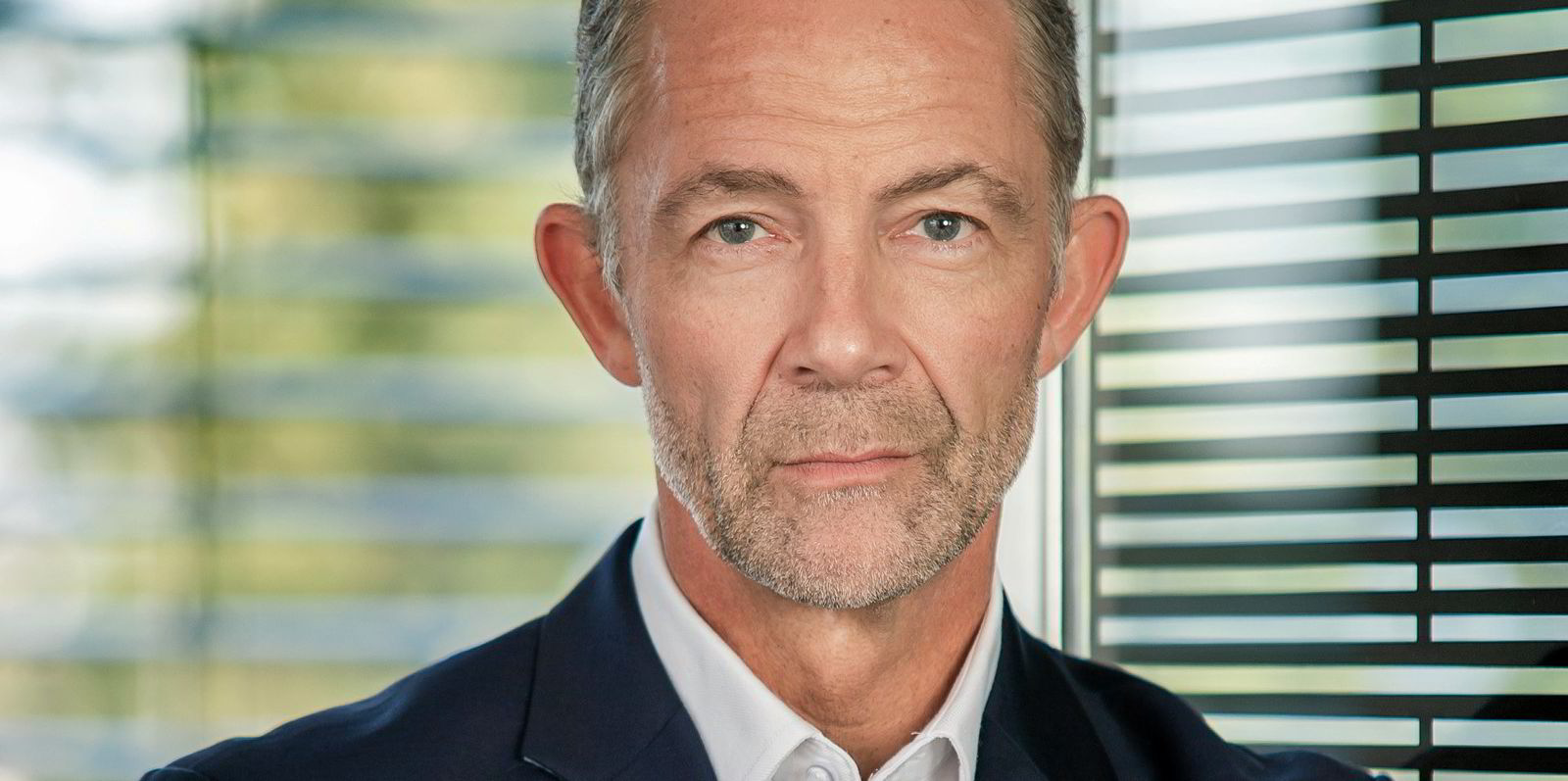
Ayerst hopes the current situation facing crew will be resolved quickly, but said the underlying issue of mental health and well-being will not go away.
"It's been a real wake-up call for the industry to recognise how important it is — and a real catalyst for change," he said.
The new boss wants to show people how to build a culture to tackle the issues.
"There are a lot of existing problems and these will still be there regardless of whether we have coronavirus or not. It's systemic and it's really a chance to change that," Ayerst said.
Watkins believes the big issue of communication remains.
It is necessary to look at how the master and officers "live the culture" on their ship, and whether people feel free to share certain concerns, he said.
"We should be more transparent about harassment, there should be more open communication about people feeling bad on board," Watkins added.
Ayerst plans to work closely with current and future partners and industry bodies to highlight the changes needed.
Now is the time for change
"Now is the real chance for the industry to take proactive steps," he said.
"If we can be a positive force for change to develop attitudes, policies and products for the people who use them, then we're happy to carry the flag for that."
Watkins wants to train at least one person on each ship as an expert in psychological first aid.
"That is the future," he told TradeWinds. "Having someone on board that people know and can talk to will make the whole area easier."
